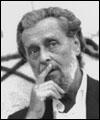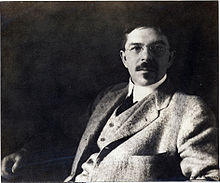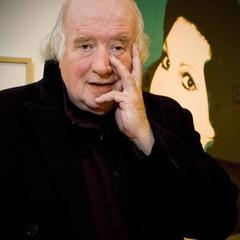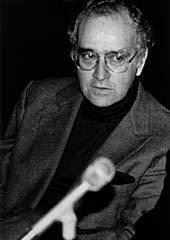John Ruskin Quotes about Art - Page 2

John Ruskin (1872). “The Political Economy of Art: Being the Substance (with Additions) of Two Lectures Delivered at Manchester, July 10th and 13th, 1857”, p.56
1870-85 Ariadne Florentina, lecture1.
John Ruskin (2012). “Selections From the Works of John Ruskin”, p.303, tredition
John Ruskin, Louisa Caroline Tuthill (1872). “The True and the Beautiful in Nature, Art, Morals, and Religion, Selected from the Works of John Ruskin”, p.242
John Ruskin (1859). “Modern Painters: (pt.4) Modern painters of many things”, p.83
John Ruskin, Louisa Caroline Tuthill (1860). “The True and the Beautiful in Nature, Art, Morals and Religion: Selected from the Works of John Ruskin...”, p.225
John Ruskin (2015). “The Stones of Venice”, p.226, John Ruskin
John Ruskin (1849). “The Seven Lamps of Architecture”, p.171
John Ruskin (2013). “Selections and Essays”, p.281, Courier Corporation
Fors Clavigera Letter 79, 18 June 1877. This comment was the basis for Whistler's 1878 libel suit against Ruskin.
John Ruskin (1873). “Pt. 1-2. of general principles and of truth”, p.36
John Ruskin (188?). “Works: "A joy forever." The art of England. "Our fathers have told us." The laws of Fesole. The pleasures of England. Fiction fair and foul. Notes on the construction of sheepfolds. Inaugural address ... Cambridge School of Art, October 29th, 1858. The storm cloud of the nineteenth century. The opening of the Crystal Palace”
John Ruskin, Louisa Caroline Tuthill (1867). “Precious Thoughts: Moral and Religious. Gathered from the Works of John Ruskin, A. M.”, p.77
John Ruskin (1868). “Precious Thoughts, Moral and Religious”, p.155
John Ruskin (1853). “The Stones of Venice: The fall”, p.188
Ornamentation is the principal part of architecture, considered as a subject of fine art.
John Ruskin (2015). “Lectures on Architecture and Painting”, p.82, John Ruskin
John Ruskin (1849). “The Seven Lamps of Architecture”, p.7
John Ruskin (1897*). “Stones of Venice”
John Ruskin (1859). “Modern Painters: (pt.4) Modern painters of many things”, p.35
John Ruskin (1872). “The Two Paths: Being Lectures on Art, and Its Application to Decoration and Manufacture, Delivered in 1858-9”, p.38
Science studies the relations of things to each other: but art studies only their relations to man.
John Ruskin (1853). “The Stones of Venice: The fall”, p.36






